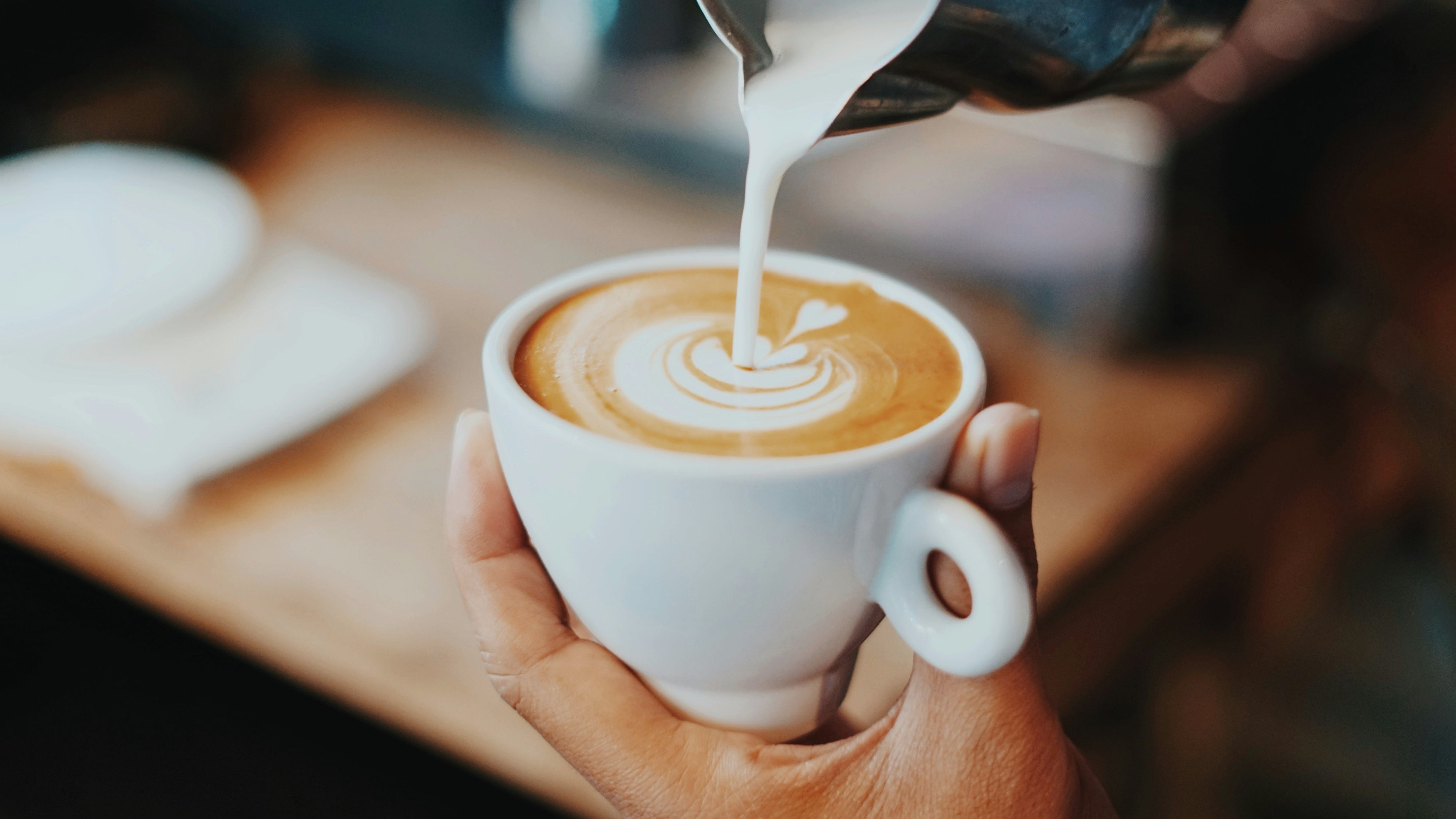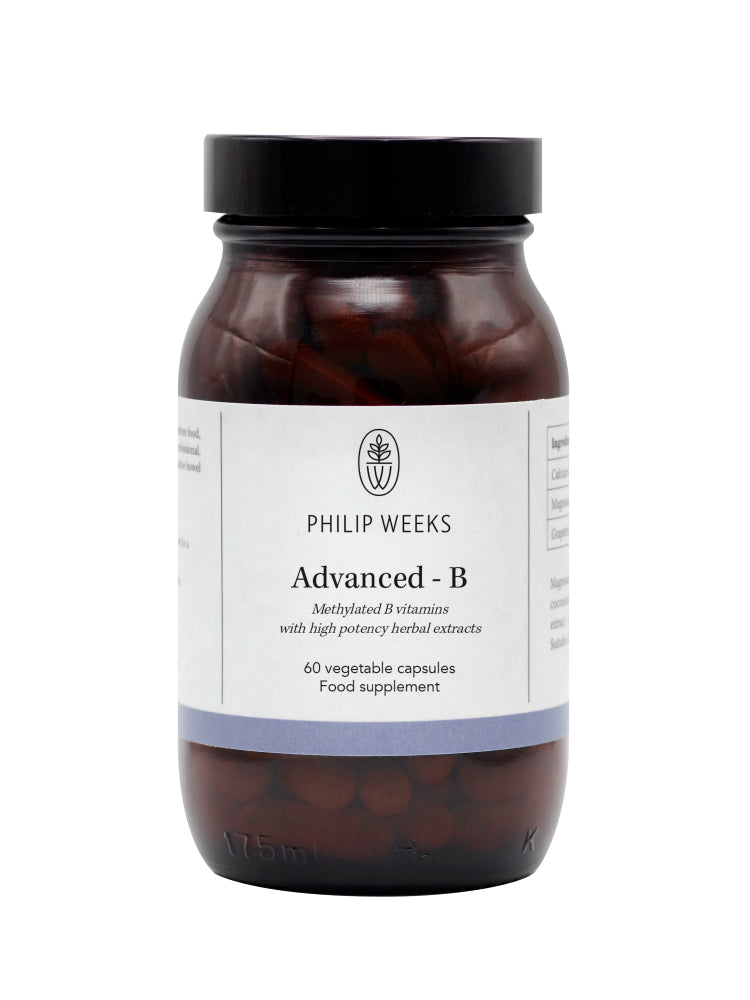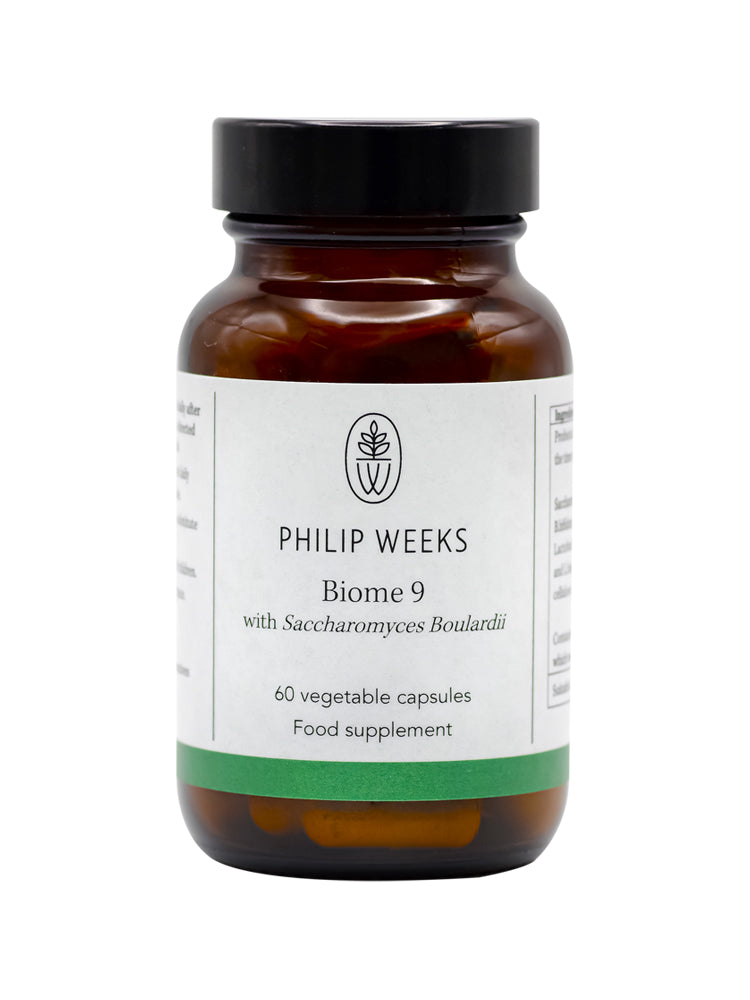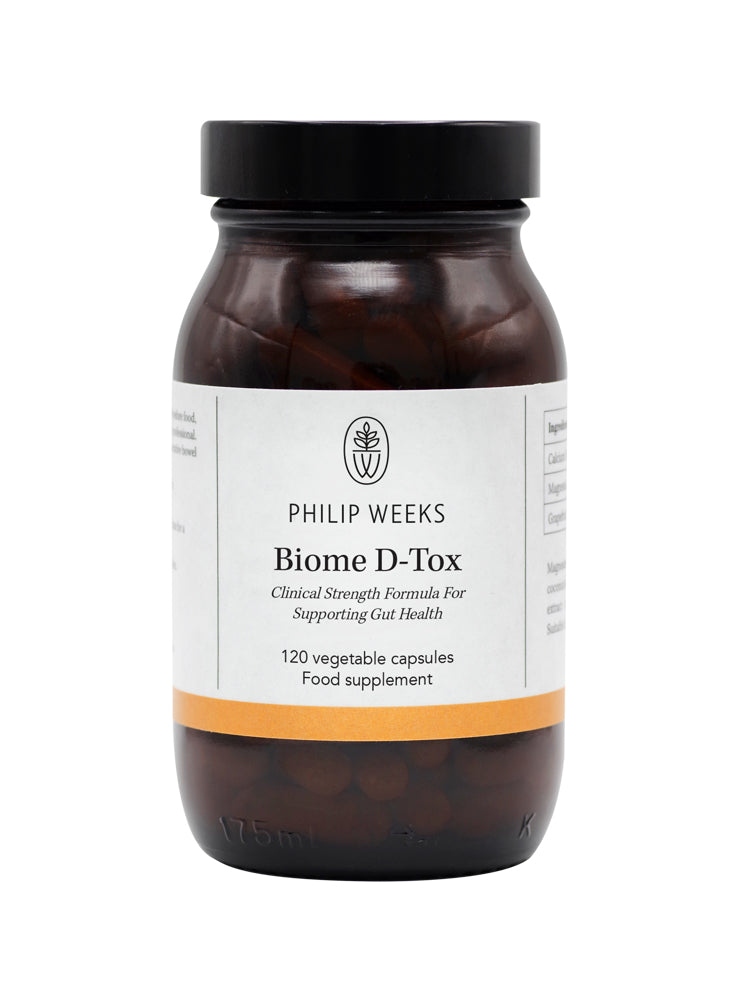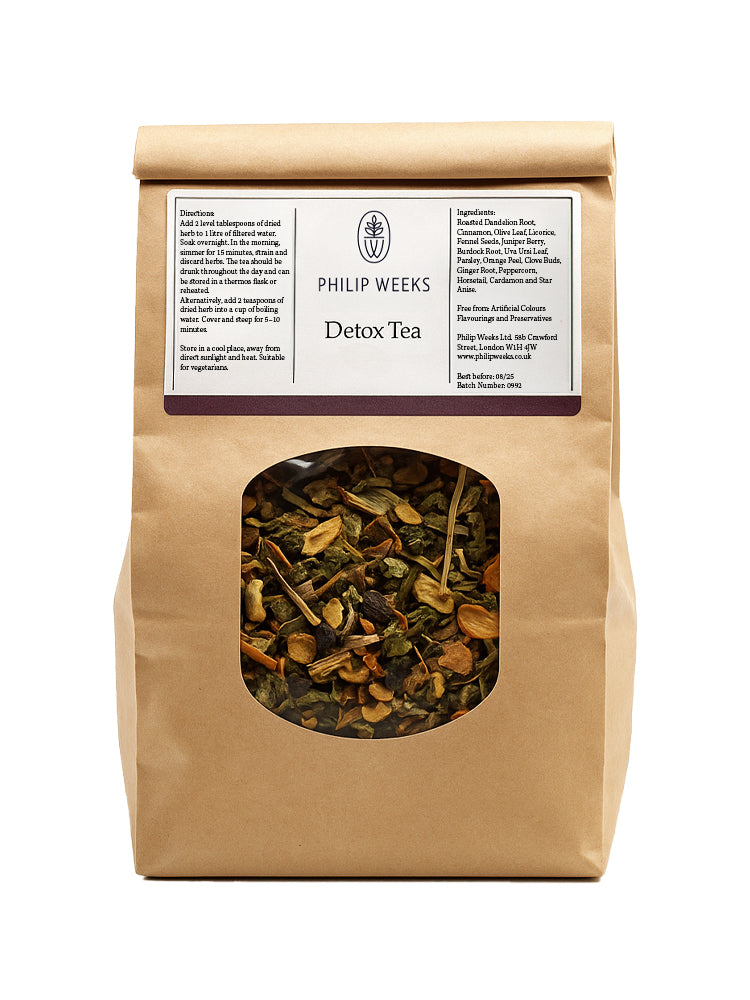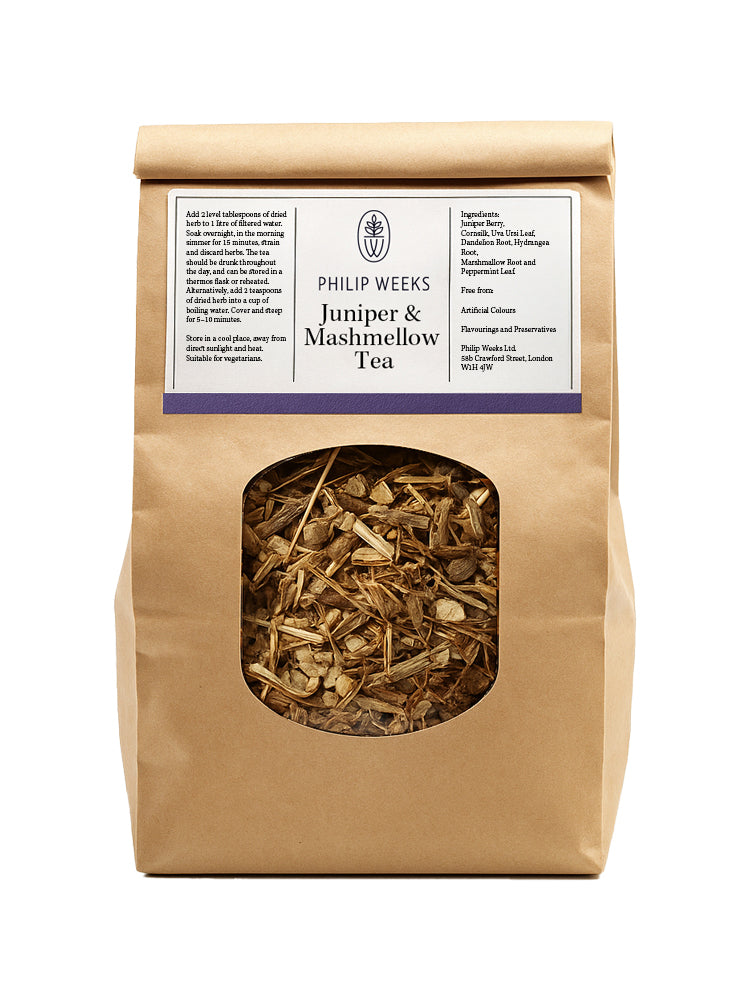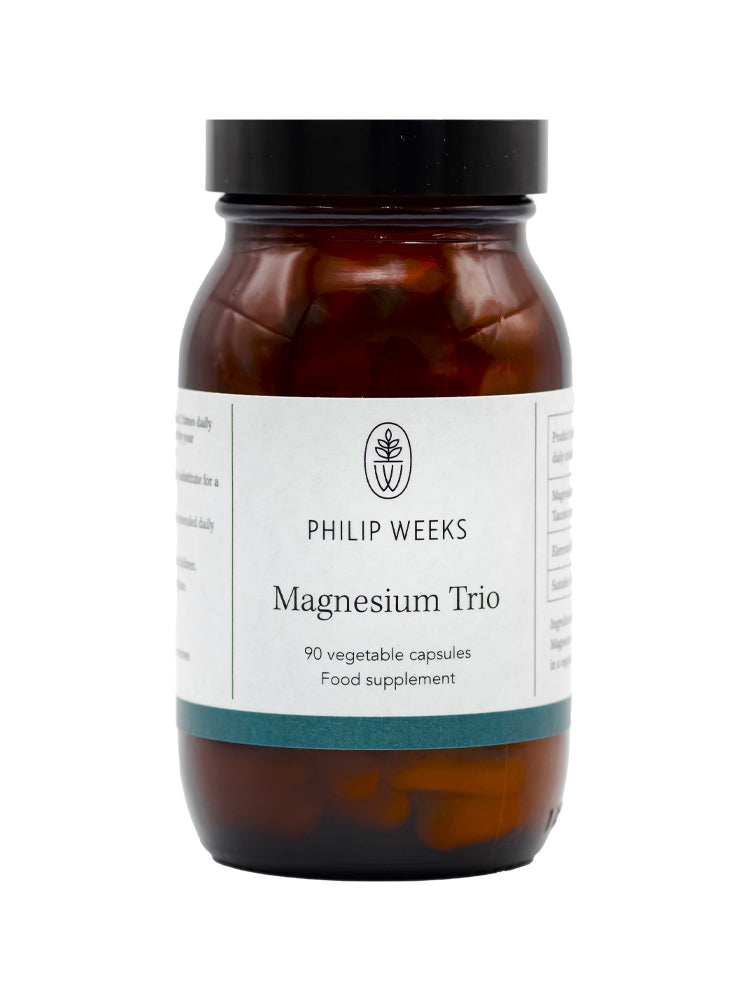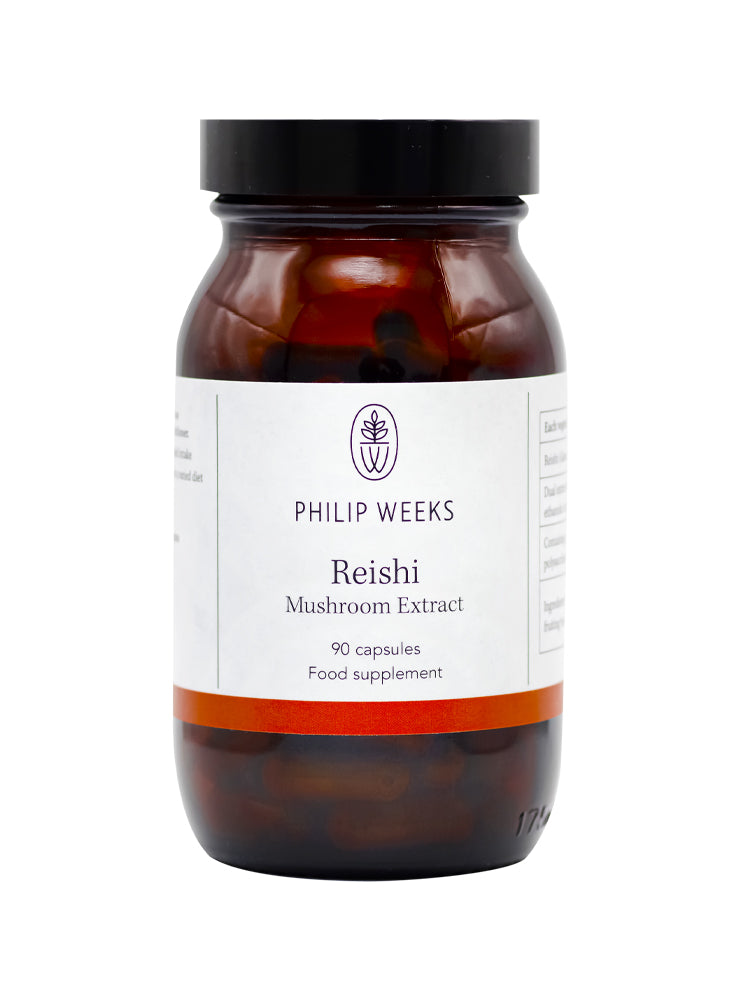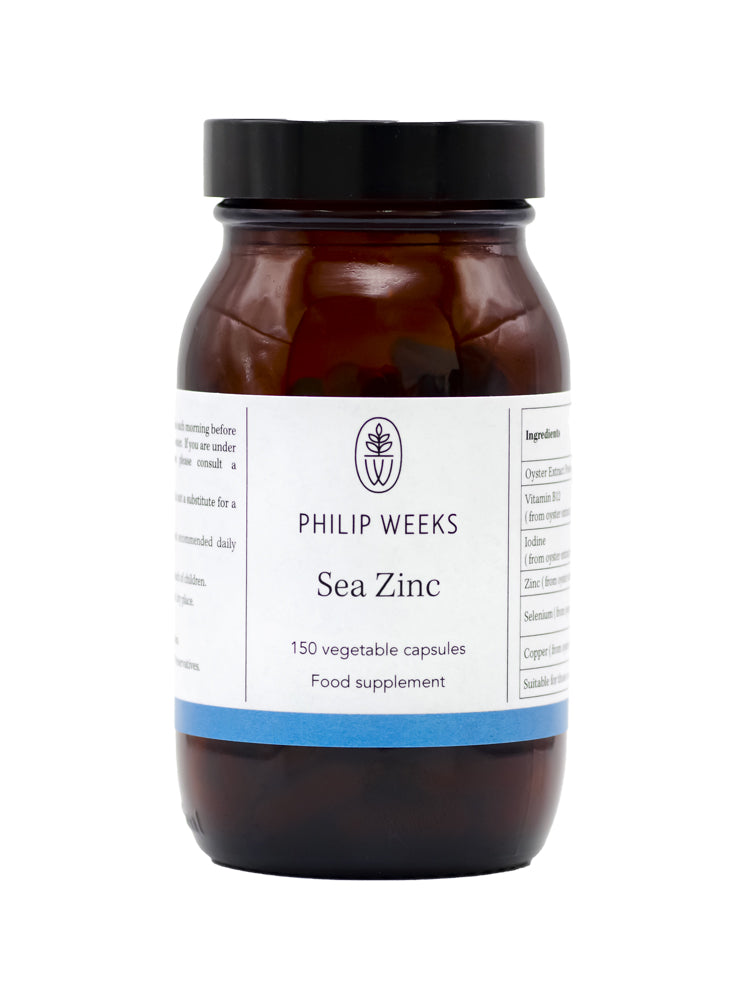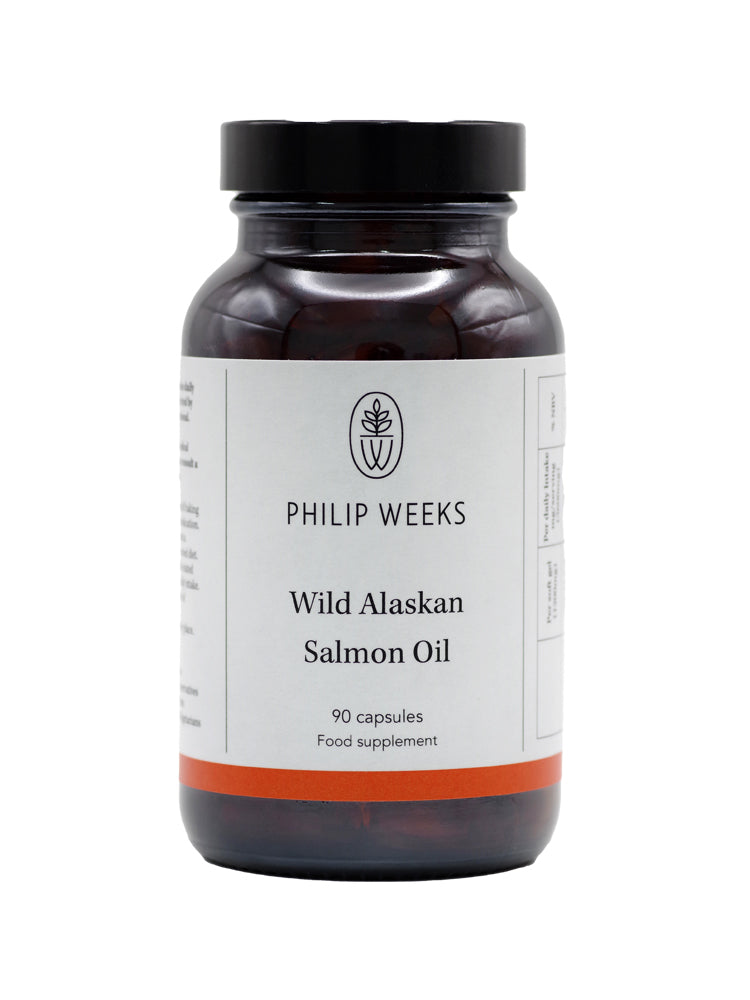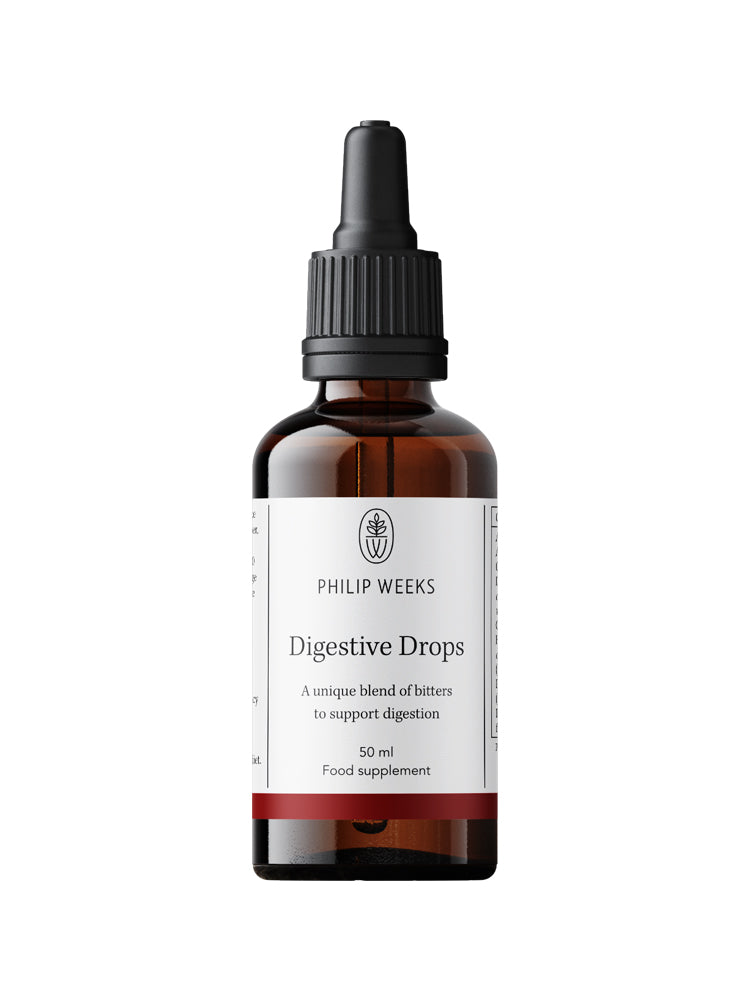For many, coffee is more than just a beverage it’s a ritual. That first warm sip in the morning often feels like a small act of self-care.
What the Research Says
Is coffee bad for you? Not necessarily.
In fact, research has linked coffee consumption to:
- A lower risk of type 2 diabetes
- Some protection against Parkinson’s and Alzheimer’s
- Possibly even a longer lifespan
But here’s the catch: these benefits tend to apply when coffee is well-tolerated meaning it doesn’t disrupt your sleep, increase anxiety or contribute to hormonal imbalances. Coffee can be seen as beneficial if it supports rather than stresses your system.
In personalised nutrition, we don’t ask whether coffee is simply “good” or “bad.” but whether “Is coffee good for you?” That depends on your unique biology, lifestyle, health history, and especially your genes.
Don’t Rush Your Morning Brew
It’s tempting to reach for coffee the moment you wake up, but for some people, it’s better to wait at least 60–90 minutes. Upon waking, your body naturally produces a surge of cortisol, a hormone that helps you feel alert and clears out adenosine the compound that makes you feel sleepy.
Drinking caffeine too early can interfere with this natural rhythm, masking adenosine instead of clearing it. Then, when the caffeine wears off, that sleepiness can return with force leading to the dreaded afternoon crash.
Delaying your coffee gives your body time to wake up naturally, allowing caffeine to work more effectively later in the morning with less of a disturbing effect on your energy balance. Even a small delay or splitting your coffee into two smaller servings can make a big difference.
Try this: Hydrate first, perhaps eat a light breakfast, and enjoy your coffee once your body has naturally “switched on.”
Why Coffee Affects Everyone Differently
Caffeine is broken down in the liver by an enzyme called CYP1A2:
- Fast metabolizers process caffeine quickly and often tolerate it well.
- Slow metabolizers process it slowly, meaning caffeine lingers in the system potentially triggering anxiety, heart palpitations, or insomnia, even hours later.

♀️ Caffeine and Hormones
Caffeine doesn’t just affect your nervous system it can also influence hormonal balance.
Here’s how:
- Caffeine and oestrogen are both processed in the liver. If the detox pathways are sluggish, caffeine can compete with oestrogen clearance, potentially worsening oestrogen dominance a factor in PMS, PCOS, and other hormone-sensitive conditions.
- Insulin sensitivity: Caffeine can reduce insulin sensitivity in some people, causing blood sugar fluctuations, which in turn affect energy, mood, and hormones.
- Melatonin disruption: Caffeine reduces melatonin production, impacting sleep quality and overnight hormonal repair.
- If you’re working to balance your hormones, it may be wise to limit caffeine, especially during certain phases of your cycle or eliminate it altogether to see how your body responds.
Caffeine and Stress
If you’re already feeling anxious, fatigued, or burned out, adding caffeine can overload your system, leading to:
- Mood swings
- Energy crashes
- Poor sleep
If Coffee Isn’t Working for You
Love the ritual but not the effects?
There are plenty of gentle alternatives:
- Decaf coffee (opt for Swiss Water Process which is chemical free)
- Herbal coffee substitutes: roasted dandelion root, chicory
- Matcha or green tea: lower caffeine, rich in antioxidants
- Adaptogenic blends for focus without the crash
Shop Juniper & Marshmallow Tea
And if you do drink coffee:
- Wait at least an hour after waking up or after breakfast.
- Add healthy fats (like coconut oil or butter) to stabilise energy.
- Drink plenty of water and herbal to stay hydrated.
- Be mindful of timing ideally before 9am to protect your sleep
Final Thoughts
Coffee can absolutely be part of a healthy, balanced life. But like anything powerful, it needs to be used wisely and tailored to you.
If it gives you energy, clarity, and joy without disturbing your sleep or mood, it may be working well for your system. But if it leaves you feeling anxious, overstimulated, or exhausted, your body might be asking for a different kind of support.

